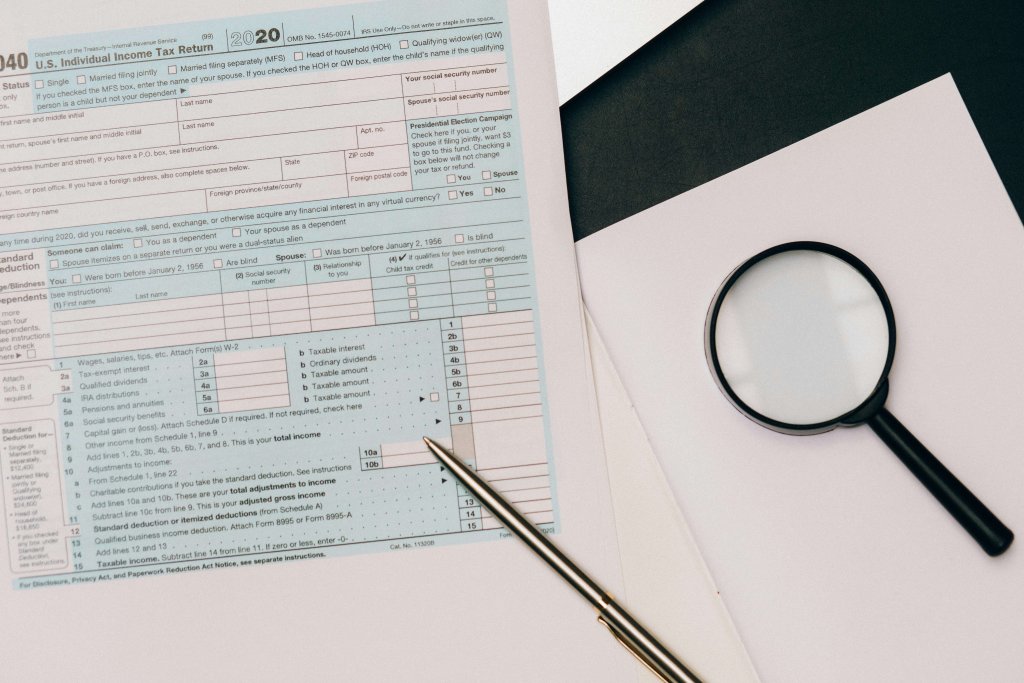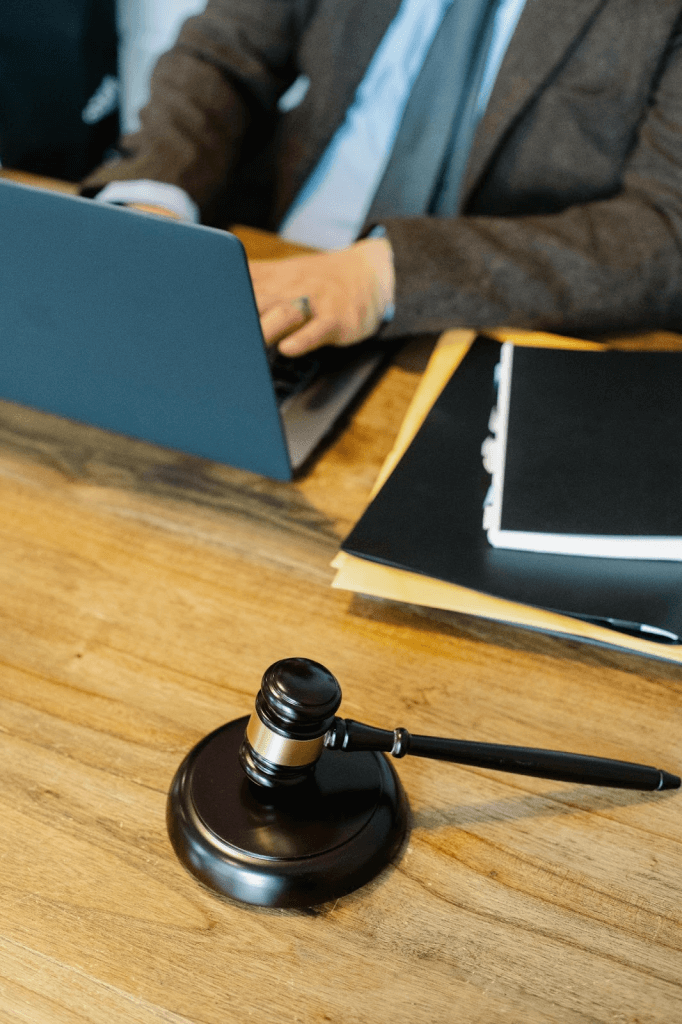Introduction to Digital Trust in Legal Systems
The evolution of legal operations is now inseparable from technology. In an environment where transactions, agreements, and records often exist solely in digital form, the ability to preserve their integrity is more than a convenience, it is a necessity. Audit trails have become the backbone of trust, enabling verifiable evidence of when, how, and by whom actions were taken. A smart legal infrastructure ensures these trails are accurate, accessible, and compliant with industry regulations.
While traditional legal documentation was vulnerable to misplacement or tampering, digital ecosystems enable far greater precision and traceability. They ensure every change, approval, and access point is recorded in a transparent and immutable manner. As legal teams adopt cloud-based systems and Ai-powered workflows, the demands on compliance, privacy, and efficiency have expanded. The digital trust framework has emerged as a foundational tool to meet these demands while strengthening client confidence.
Foundations of an Audit Trail Ecosystem
An effective audit trail ecosystem is more than just a digital ledger, it is a meticulously designed framework that records the journey of every legal document and operational decision. This begins with authentication systems that ensure only authorized individuals gain access to sensitive files. The chain of events must be logged with precision, from the first upload or signature to the final archival stage.

Key structural elements include time-stamping, identity verification, data encryption, and role-based access control. Each component adds a layer of certainty, making it possible to defend the authenticity of records in legal disputes. By integrating automated logging into daily workflows, legal teams eliminate the need for manual recordkeeping, reducing human error and reinforcing the reliability of stored data.
Beyond compliance, this infrastructure acts as a deterrent against internal or external tampering. Knowing that every action is tracked and preserved discourages unauthorized interference. It also simplifies the process of meeting regulatory audits, as comprehensive records can be produced instantly.
Integration of Smart Legal Infrastructure in Modern Practice
Smart legal infrastructure combines legal technology tools with governance protocols to provide a unified and secure environment for managing legal data. This includes automated contract management systems, Ai-assisted compliance checks, and blockchain-enabled storage solutions. Together, these components streamline operations and provide verifiable proof of all actions taken.
For example, an Ai-assisted platform can flag anomalies in access patterns, alerting compliance officers to potential breaches before they escalate. Blockchain-backed storage can offer immutable proof of document authenticity, ensuring that no retroactive alterations can go undetected.
The integration process often involves an initial assessment of existing systems, identifying gaps in audit tracking, and establishing a phased rollout of new technologies. Staff training plays an essential role, ensuring that legal professionals understand both the technical tools and the compliance responsibilities they carry.
The advantage of smart legal infrastructure is its ability to align multiple operational needs, security, transparency, speed, and accuracy, without sacrificing user experience. This creates a more resilient and adaptable legal environment capable of evolving alongside regulatory changes.
How Audit Trails Strengthen Legal Compliance
Legal compliance demands more than simple adherence to rules; it requires verifiable proof of that adherence. Audit trails provide exactly this kind of evidence. By documenting each access event, approval, and revision, organizations create a permanent record that can be referenced in regulatory reviews or court proceedings.
The presence of a robust audit trail can make the difference between compliance success and costly penalties. For instance, in industries such as finance, healthcare, and government contracting, legal requirements dictate that records be maintained for specific time periods, with detailed logs available upon request. A smart infrastructure ensures that these records are both secure and easily retrievable.

This level of documentation also supports internal investigations. If an irregularity occurs, investigators can trace the exact chain of actions to identify the source. This not only resolves incidents faster but also strengthens institutional credibility with clients, regulators, and stakeholders.
PNCAi, as part of its technology-driven solutions, emphasizes building audit capabilities into every stage of legal process automation. This ensures that audit trails are not an afterthought but a built-in safeguard for all client-facing and internal legal work.
What Defines Trustworthy Legal Recordkeeping
Trustworthy legal recordkeeping is built on three core principles: integrity, accessibility, and compliance.

Integrity ensures that records remain unchanged from their original state unless properly documented and authorized. Accessibility guarantees that authorized parties can retrieve the necessary documents without delays. Compliance ensures that all practices align with current laws and industry regulations.
To achieve these principles, legal teams must establish strict protocols for file creation, modification, sharing, and archiving. Each stage must be reinforced by technological safeguards such as digital signatures, multi-factor authentication, and encrypted storage.
When a system consistently delivers accurate and complete records under these principles, it becomes a reliable foundation for legal proceedings, audits, and contractual obligations. Clients and partners benefit from the assurance that their sensitive information is managed with the highest level of security and accountability.
How Can Audit Trails Transform Client Confidence
Clients entrust legal professionals with some of their most sensitive information and critical agreements. When they see that their legal partner maintains a secure, transparent, and verifiable audit trail, their confidence in the relationship grows. This transformation goes beyond meeting legal requirements, it establishes a deeper level of trust and loyalty.
An organization that can instantly provide a complete history of a document’s lifecycle demonstrates efficiency, preparedness, and commitment to transparency. Clients appreciate the ability to verify their own records without depending entirely on third-party assurances.
The psychological impact is equally significant. Knowing that every interaction, signature, and approval is recorded makes clients feel secure about both the confidentiality and the integrity of their cases. In an increasingly competitive market, this perceived security can be a deciding factor in client retention and referrals.
Shaping the Future of Legal Technology

The next wave of legal technology will likely expand audit trail capabilities even further. Advances in blockchain, Ai, and predictive analytics will allow for more proactive compliance monitoring, automated anomaly detection, and cross-border legal data harmonization.
As legal services continue to adapt to a more globalized and interconnected business environment, smart legal infrastructure will become indispensable. Organizations that embrace this evolution early will position themselves as leaders in efficiency, compliance, and client satisfaction.
Audit trails will not only safeguard against disputes and regulatory penalties but will also become a standard expectation for clients who demand transparency and accountability from their legal partners. Those who fail to adapt risk being left behind as competitors leverage these tools to build stronger, more trustworthy client relationships.
Final Thoughts and Strategic Next Step
A digital trust framework for legal records is not just about meeting current compliance standards, it’s about anticipating the future of law in a digital-first world. Organizations that invest in smart legal infrastructure position themselves to handle complex legal processes with greater accuracy, security, and client confidence.
Your next strategic move should be to evaluate your current audit trail capabilities and identify gaps where technology can elevate performance. Whether you are a small firm seeking to modernize or a corporate legal department aiming to strengthen governance, the right infrastructure will protect your clients, your reputation, and your bottom line.
Take the Next Step Toward Legal Excellence
If your goal is to strengthen client trust while ensuring airtight compliance, now is the time to integrate a secure and future-ready legal infrastructure. Let’s discuss how advanced audit trail systems can redefine the way your organization manages records and safeguards its legal processes.




